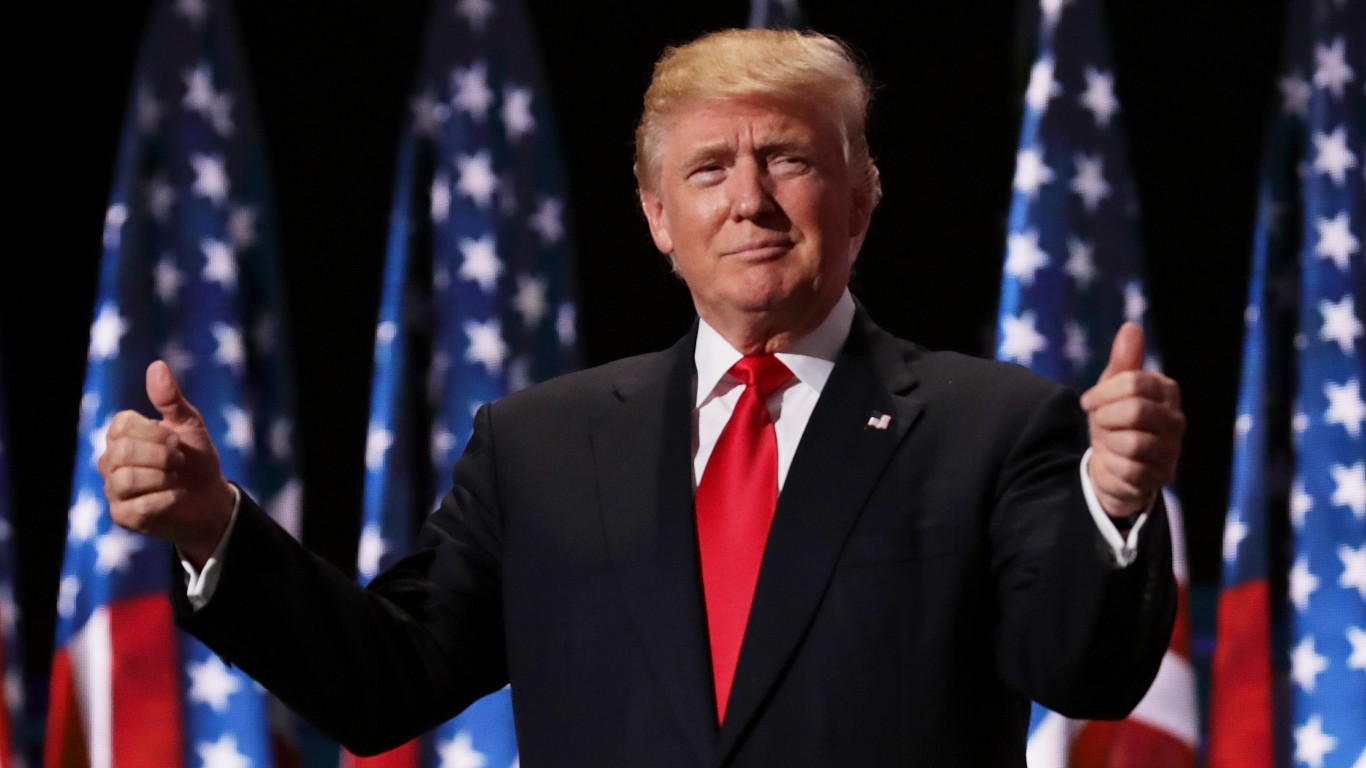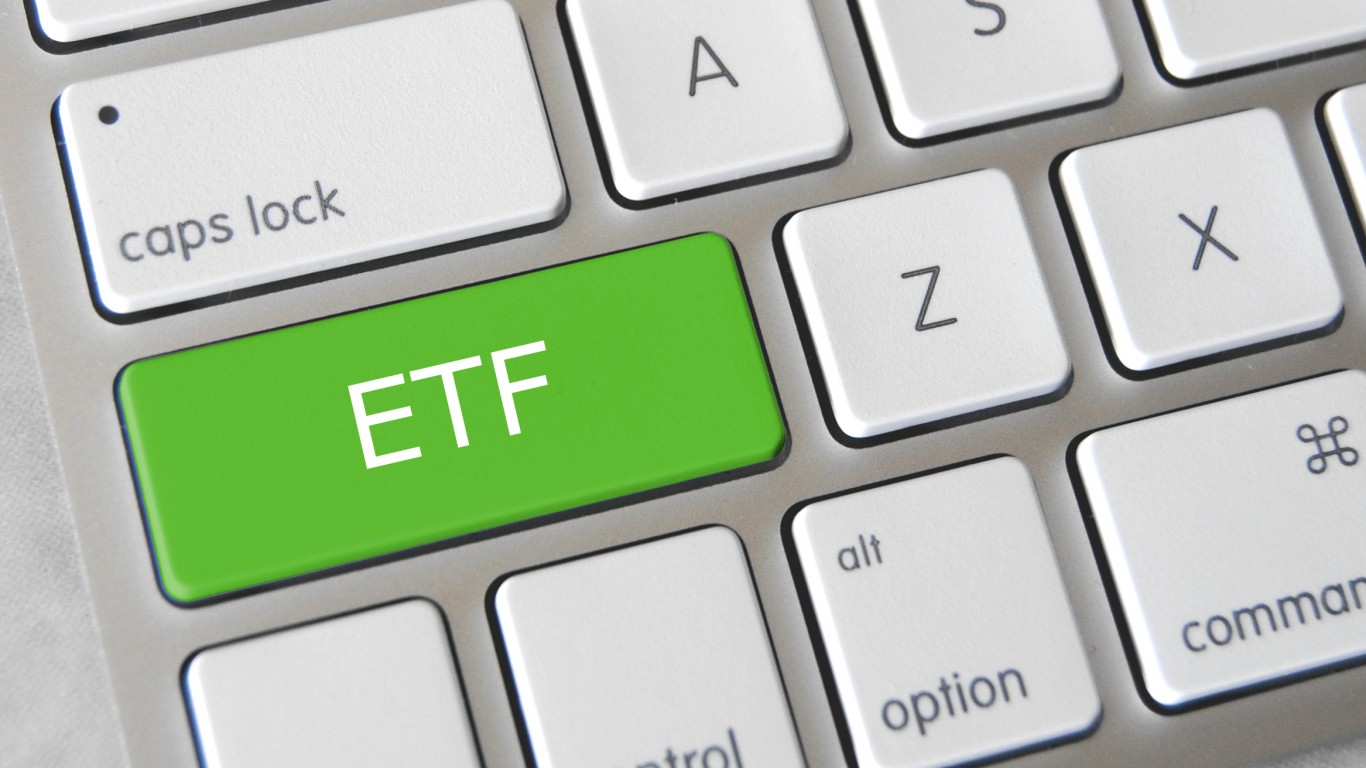 When Dynegy Inc. (NYSE: DYN) reported earnings, or rather, losses, yesterday, the company also included the dreaded “going concern” statement telling investors that unless the company could restructure its debt, Chapter 11 was imminent. The shares closed just -5% lower, at $5.62, still above the rejected offer from Carl Icahn and Icahn Enterprises, L.P. (NYSE: IEP) to acquire the company for $5.50/share. That seems like a fundamental disconnect: why do shareholders still believe that Dynegy is worth much? And a bigger surprise still, Icahn Enterprises has filed a waiver with the SEC to acquire up 19.99999% of Dynegy’s shares, up from the approximately 15% Icahn currently owns.
When Dynegy Inc. (NYSE: DYN) reported earnings, or rather, losses, yesterday, the company also included the dreaded “going concern” statement telling investors that unless the company could restructure its debt, Chapter 11 was imminent. The shares closed just -5% lower, at $5.62, still above the rejected offer from Carl Icahn and Icahn Enterprises, L.P. (NYSE: IEP) to acquire the company for $5.50/share. That seems like a fundamental disconnect: why do shareholders still believe that Dynegy is worth much? And a bigger surprise still, Icahn Enterprises has filed a waiver with the SEC to acquire up 19.99999% of Dynegy’s shares, up from the approximately 15% Icahn currently owns.
In August 2010, The Blackstone Group, L.P. (NYSE: BX) offered $4.50/share for Dynegy, a price they later raised to $5. The deal included $4.1 billion in Dynegy debt, and was worth a total of about $4.7 billion. Icahn and Seneca Capital both refused to play, so the offer was withdrawn. Dynegy formally went searching for a deal, and the only offer the company got was from Icahn. Seneca, once Icahn’s compatriot, rejected the $5.50/share offer, saying the company was worth $7.50/share. Apparently the shareholders agreed, because Icahn’s tender offer got no action, and was eventually withdrawn.
The disconnect here is between the value of Dynegy’s physical assets and its expected revenues. The company owns nearly 12 megawatts of generating capacity, about half of which is solely gas-fired and another sixth of which can switch between coal or oil and natural gas.
At the time of the Blackstone offer, Blackstone had struck a deal with NRG Energy, Inc. (NYSE: NRG) to sell four of the gas-fired plants with a total of about 3,900 megawatts of generation, to NRG for $1.36 billion. Thus, about a third of Dynegy’s generation capacity was worth $1.36 billion, implying that all of it was worth around $4.08 billion.
When the Blackstone deal fell through, NRG said that because the price of natural gas had fallen so low, the plants it wanted to purchase from Dynegy were actually worth less because the low fuel prices kept Dynegy from raising its price for electricity. The industry lapdogs known as public utilities commissions are not allowing utilities to raise rates because the utilities costs hadn’t gone up. Investor-owned utilities with sizable debt, like Dynegy, are squeezed.
And Icahn knows this. That’s why he wants more Dynegy stock. Dynegy’s generation capacity is worth more than $4.08 billion, but not as long as Dynegy owns them. Imagine a company with a ‘Going Concern’ note which fits into the same screen for bankruptcy investors, value investors, activist investors, and turnaround managers all at once. Dynegy has become an investor’s paradox.
Icahn also knows that eventually Dynegy’s bankers, threatened with Chapter 11 restructuring, are likely to return to his offer or something close to it. Icahn can then counter with a restructuring offer that debtholders can’t refuse.
Before the first offer from Blackstone, Dynegy stock was trading at $2.78/share. The 52-week range is $2.76-$8.05, which only demonstrates again that hope springs eternal.
Paul Ausick
Are You Ahead, or Behind on Retirement? (sponsor)
If you’re one of the over 4 Million Americans set to retire this year, you may want to pay attention.
Finding a financial advisor who puts your interest first can be the difference between a rich retirement and barely getting by, and today it’s easier than ever. SmartAsset’s free tool matches you with up to three fiduciary financial advisors that serve your area in minutes. Each advisor has been carefully vetted, and must act in your best interests. Start your search now.
Don’t waste another minute; get started right here and help your retirement dreams become a retirement reality.
Thank you for reading! Have some feedback for us?
Contact the 24/7 Wall St. editorial team.





